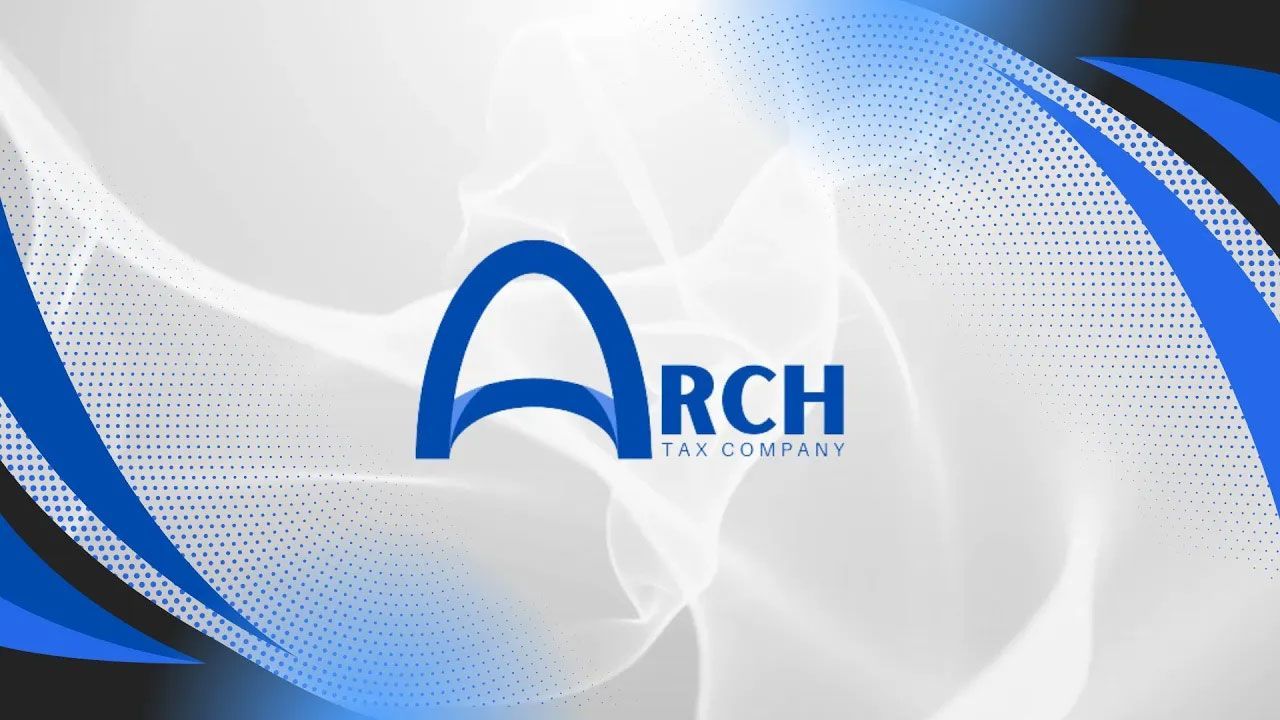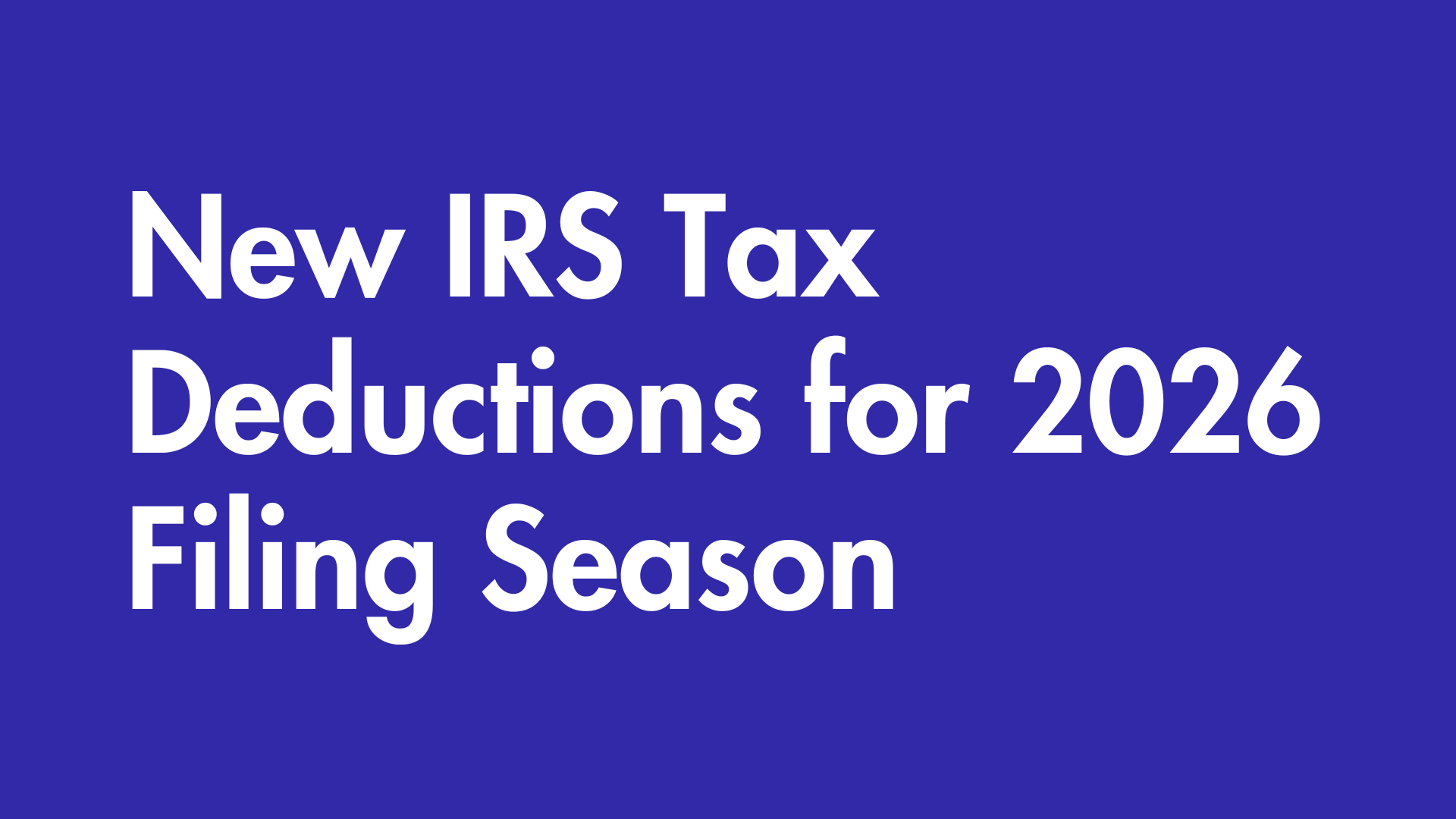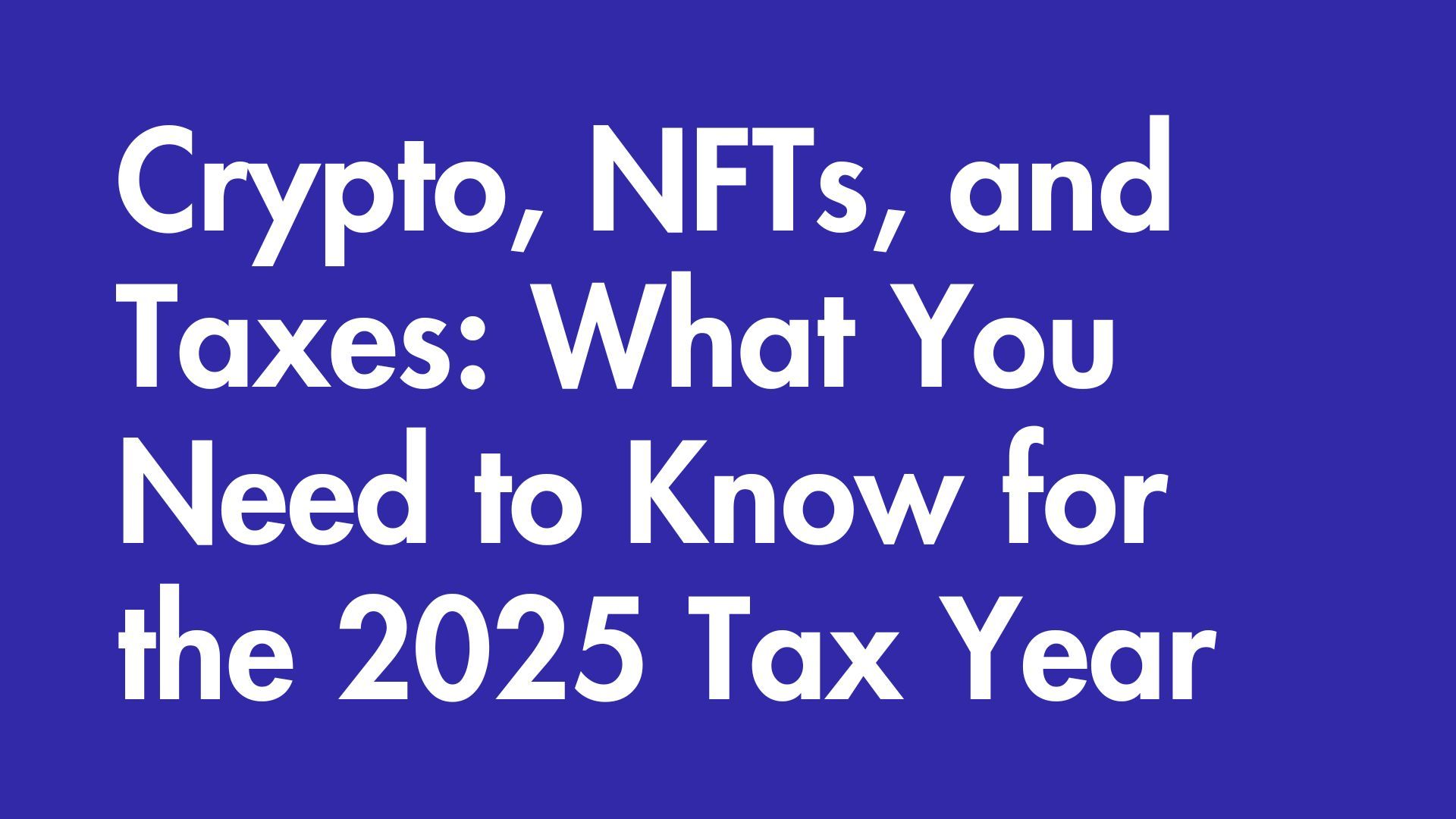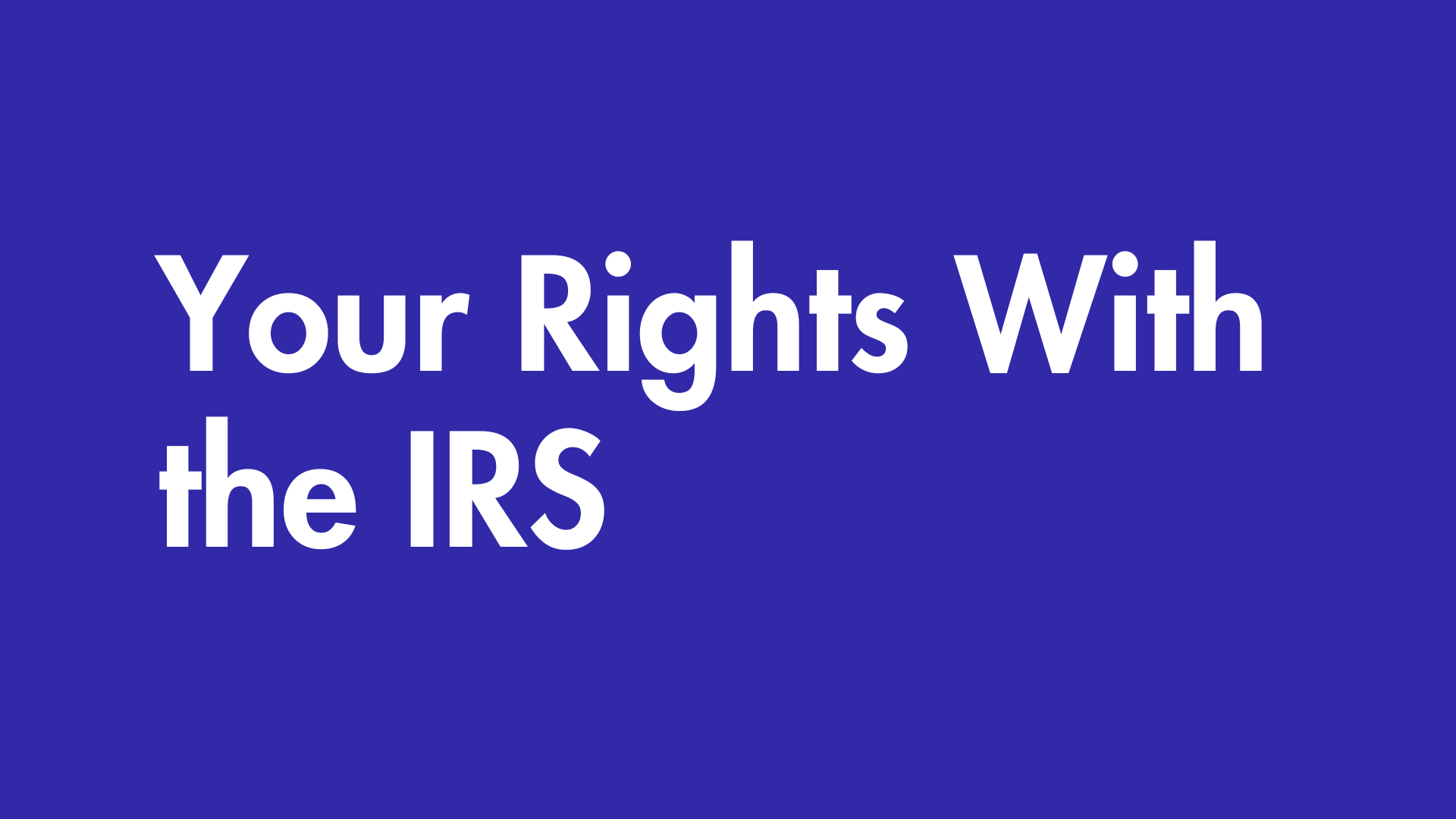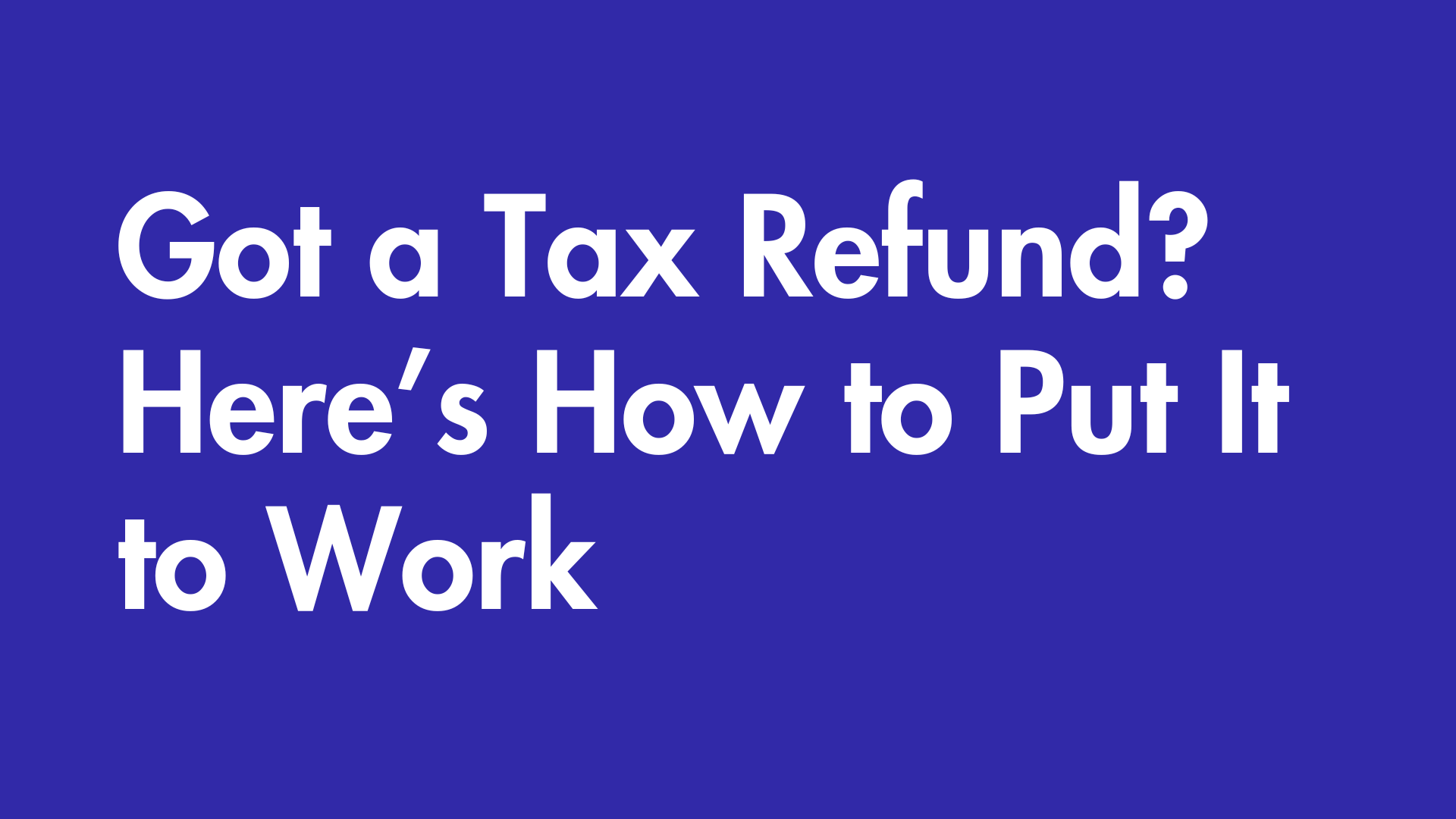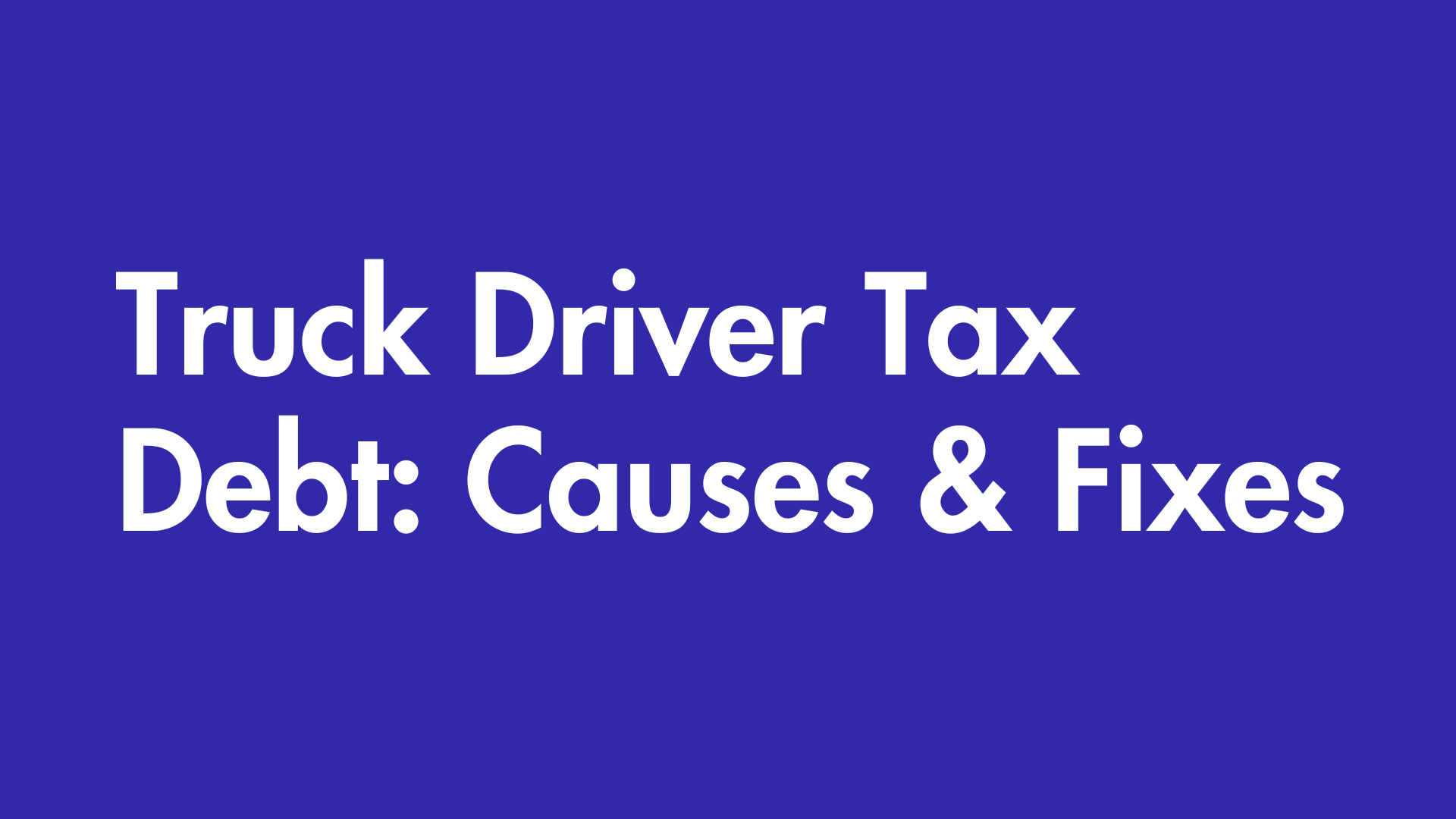Tax Scams People Fall For Every Year
The Phony IRS Phone Call Scam
One of the biggest scams continues to be unsolicited phone calls from people claiming to be IRS agents. They’ll often use aggressive language, threaten legal action (like arrests or lawsuits), and demand immediate payment—often via wire transfers, prepaid debit cards, gift cards, or cryptocurrency.
- Why It Works: Fear is a powerful motivator, and the callers can be very convincing. Some even spoof Caller ID to make it appear as if the IRS is calling.
- How to Spot It:
- The real IRS typically contacts taxpayers first by mail, not phone.
- They will never insist on specific payment methods or demand payment without giving you the chance to question or appeal the amount owed.
- What to Do: If you get a suspicious call, hang up and report it to the Treasury Inspector General for Tax Administration (TIGTA) at 800-366-4484.

The Email & Text “Phishing” Scam
Scammers send official-looking emails or text messages that appear to come from the IRS, tax software companies, or even your bank. They request personal information or ask you to click a link to “verify” your account.
- Why It Works: These phishing messages often include the IRS logo, official-looking forms, or even a personal detail of yours they found online—anything to gain credibility.
- How to Spot It:
- Hover over links without clicking. If the URL looks odd (not ending with “.gov” or a known domain), it’s a scam.
- The IRS never initiates contact with taxpayers by email, text, or social media.
- What to Do: Forward suspicious emails to phishing@irs.gov, then delete them. Never click on links or open attachments from unknown senders.

The Ghost or Fake Tax Preparer Scam
During tax season, “pop-up preparers” show up online and in person, promising huge refunds or “special programs” only they know about. Often, they prepare your return incorrectly or fraudulently to score a bigger cut for themselves (they might base their fee on a percentage of your refund). When the IRS realizes the return is incorrect or suspicious, you are on the hook for fines and back taxes—while the ghost preparer vanishes.
- Why It Works: People trust the “expert,” assume they’ll handle everything, and often don’t realize the preparer is unqualified, unscrupulous, or just plain fake.
- How to Spot It:
- They refuse to sign the return or provide a Preparer Tax Identification Number (PTIN).
- They won’t give you a copy of your own tax return.
- They offer to deposit your refund in their bank account first.
- What to Do: Use the IRS Directory of Federal Tax Return Preparers to find credentialed professionals, or at least verify your preparer’s PTIN. Make sure the person signs your return.
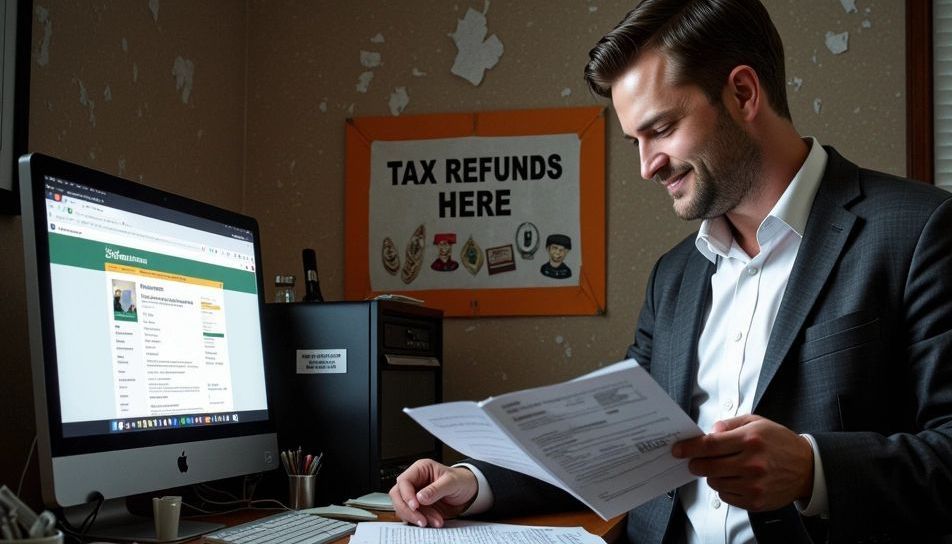
How to Protect Yourself Year-Round
Guard Your Personal Info
Never share your Social Security number or bank details unless you’re sure who you’re dealing with.
File Early
The earlier you file, the less time a scammer has to file a fake return in your name.
Check Your Mail
The IRS and state tax agencies rely on letters, so open everything addressed to you.
Use Secure Portals
Only submit tax documents through encrypted websites or secure portals provided by trusted tax professionals.
Monitor Your Accounts
Watch for suspicious activity in your bank and credit accounts. If you notice anything off, take immediate action.
When in Doubt, Reach Out
If something doesn’t feel right—whether it’s a phone call, an email, or a new “tax service” offering miracle results—take a pause. You can always contact the IRS directly, or call our team at Arch Tax for guidance. We’re here to ensure you stay protected while getting your taxes done correctly.
Stay safe out there, and as always, if you need help or want to discuss your tax situation, don’t hesitate to reach out.
Schedule a FREE consultation with us today.

